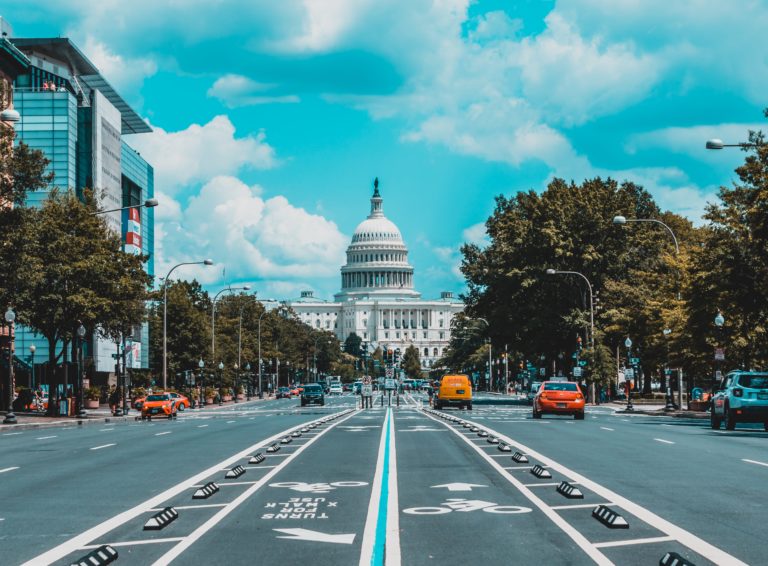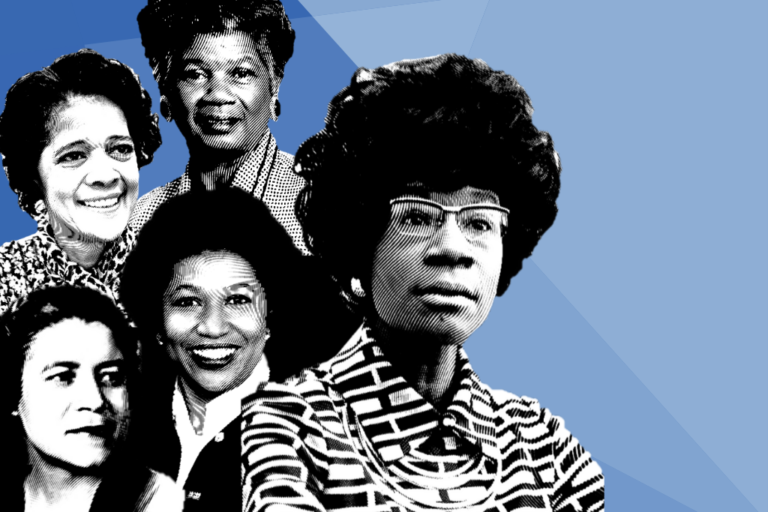The ascension of Senator Kamala Harris to Vice President of the United States was an…
2023 Is Upon Us and Still No Black Women Serve as Governors or in the Senate: What Will It Take?

Earlier this year, I wrote about the record number of Black women running for office in 2022, particularly for the US Senate and statewide executive roles. Well, now the dust has settled, and while there were some gains, this was not the year a Black woman was elected to a governor’s mansion or the US Senate.
In the 232 year history of the United States Senate there have been 11 Black Senators, and only two of them have been Black women–one of whom ascended to becoming the first woman, first Black, and first Asian person to be Vice President of the United States, Kamala Harris, leaving no Black women in the US Senate. 2022 was the year many hoped to get at least one Black woman elected to the Senate again. Four Black women stepped up to the plate and unfortunately all of them lost. Results in governor’s races were disappointing as well, despite a record number of Black women who filed to run for governor. At least six Black women were running at the start of 2022, but only three advanced to their state’s general election–Stacey Abrams in Georgia again, Deirdre DeJear in Iowa, and Yolanda Flowers in Alabama–only to lose in November.
In some of these statewide races, the dynamics of the political landscape were just hard to get around. Yolanda Flowers ran as a Democrat against a GOP incumbent, in a state that has reliably gone Republican statewide in the last generation more often than not. Stacey Abrams, while the popular Democrat standard bearer in Georgia (with national recognition) who came close to winning her governor’s race in 2018, went for another round against her Republican opponent: Brian Kemp, whose status now as an incumbent was likely a factor that was harder to overcome in this rematch.
In the US Senate races, Democrat Val Demings successfully cruised out of the Florida primary, but despite stellar fundraising numbers and a powerful debate performance that made the rounds on social media, Demings could not overcome the Republican advantage in organizing on the ground to beat the incumbent. But then there was North Carolina US Senate nominee Cheri Beasley, who ran for an open seat and missed winning by 3.6% despite what some said was a lack of support from her Party. Many in North Carolina and outside lament this lost race, as Beasley did not receive a flood of additional financial investment and surrogates until much later in the cycle. From many accounts, she did not receive the same enthusiastic support that 2020 North Carolina US Senate nominee Cal Cunningham (who is a white man) received. And many attribute that to the extra systemic barrier Black women candidates often have to overcome to convince supporters they can win a race, particularly a statewide race. When disbelief happens among donors, and other gatekeepers, they don’t ensure that resources are provided for victory, and that becomes a self-fulfilling prophecy that Black women cannot win statewide races.
2022 was not a complete loss for Black women running. Former Boston City Councilor and Mayoral candidate Andrea Campbell became the first woman and first Black woman elected Attorney General in Massachusetts. Karen Bass was elected the first woman and first Black woman Mayor of Los Angeles, one of the largest major US cities. However if we are to elect a Black woman to the US Senate again or finally, governor, more needs to be done as I laid out in at least one previous article. A report conducted by the Barbara Lee Family Foundation, Ready, Willing & Electable, goes into more detail. The good news is that there are more amazing Black women running for office, but now when they get the general election nomination, the donors, and other gatekeepers need to ensure the ground work is laid for them to win.






